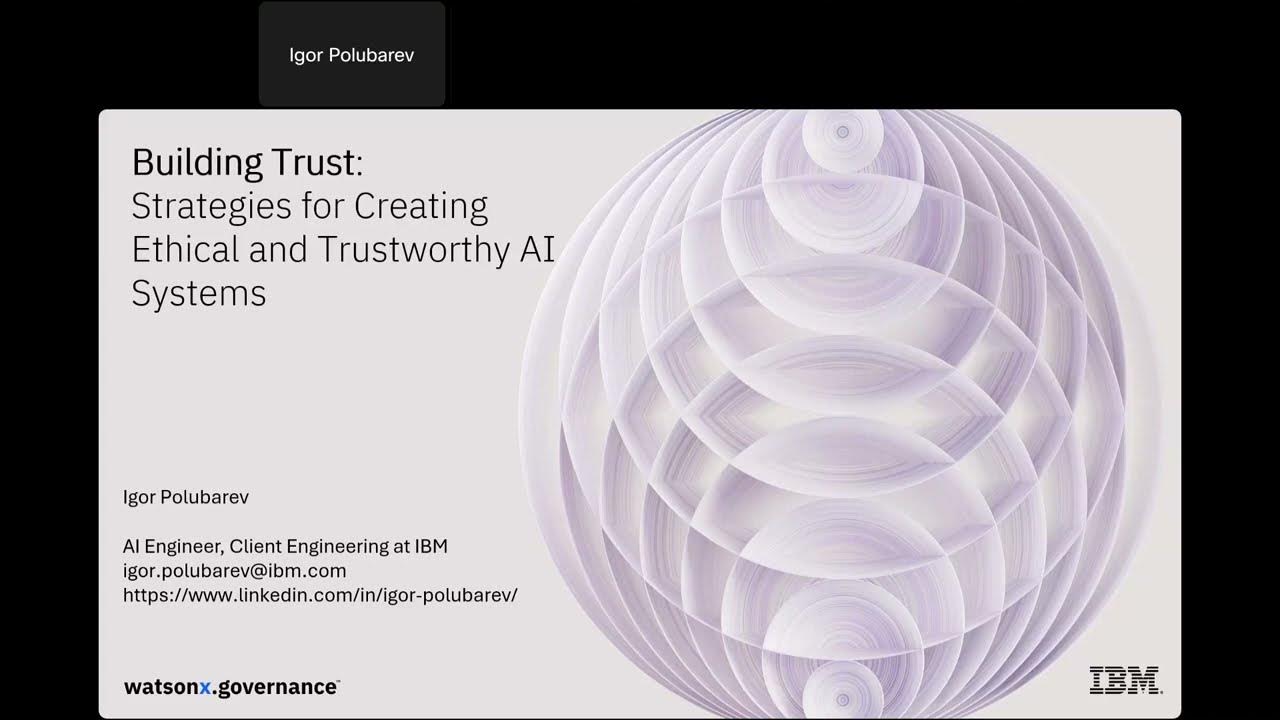5 Worst Businesses to Start in 2024
Summary
TLDRThe video explores the five worst businesses to start or buy, highlighting the financial risks and operational challenges associated with each. The speaker emphasizes the importance of focusing on probabilities in entrepreneurship, using data to explain why businesses like ATM routes, Amazon FBA, retail stores, restaurants, and hotels are poor investments. Each industry is analyzed for its low margins, high competition, and complex operations, advising viewers to avoid these 'anti-investment' ventures unless they want to lose money.
Takeaways
- 💡 Entrepreneurship can be challenging, and it's crucial to pick the right businesses to avoid financial losses.
- 🚫 ATMs are a bad investment due to low transaction volume, long payback periods, and the declining use of cash.
- ❌ Amazon FBA is risky because Amazon controls everything, and competition from copycat sellers can be overwhelming.
- 🏪 Retail stores face high upfront costs, slow inventory turnover, and high rent, making them hard to sustain without large cash reserves.
- 🍽️ Restaurants are high-risk ventures with slim margins, high competition, and complex management requirements.
- 🏨 Hotels generate negative net profit on average, making them more real estate investments than profitable businesses.
- 📉 The cash-based economy is shrinking, which further undermines the viability of ATM routes as a long-term investment.
- 📦 Amazon’s control over pricing and data, as well as the threat from cheaper, counterfeit products, makes FBA unattractive.
- 👗 Retail businesses require significant upfront investment in stock, and failure to sell inventory on time leads to financial strain.
- 🔄 High employee turnover, managing physical properties, and inconsistent demand make hotels particularly difficult to operate profitably.
Q & A
What are some of the worst businesses to invest in according to the script?
-The script lists ATM routes, Amazon FBA, retail stores, restaurants, and hotels as some of the worst businesses to invest in.
Why does the speaker consider ATM routes a bad business investment?
-The speaker points out that ATM routes have low transaction volumes, long payback periods (up to 7 years), and diminishing importance due to the decline in cash usage, making it difficult to generate meaningful profits.
What is 'platform risk' in relation to Amazon FBA, and why is it a concern?
-Platform risk refers to the control Amazon has over sellers' businesses. The speaker explains that Amazon can shut down accounts due to fake reviews or copy successful products, posing a significant risk to those who rely on Amazon FBA.
What are 'me-too' products, and how do they affect Amazon FBA sellers?
-'Me-too' products are copycat products that flood the Amazon marketplace due to low barriers to entry. This increases competition and often leads to price wars, making it difficult for sellers to stand out and make profits.
Why does the speaker discourage starting a retail store?
-Retail stores are discouraged due to high overhead costs (such as rent), the need to buy inventory upfront, low profit margins, and challenges in managing stock and theft. Additionally, many retail locations struggle to turn a profit unless they are in high-traffic areas.
What are the main financial challenges of starting a restaurant, according to the speaker?
-The speaker highlights that restaurants have low profit margins (3-5%), high competition (especially in cities like New York), and are complex to manage with expenses like spoilage, theft, and high upfront costs, making them risky ventures.
How does competition in the restaurant industry make it a difficult business to succeed in?
-Restaurants face 'red ocean' competition, meaning there are so many competitors that it's hard to stand out. In cities like New York, it would take years to eat at every restaurant, making competition incredibly fierce.
Why does the speaker believe hotels are not good businesses to start or invest in?
-Hotels have high expenses, negative net profits on average, require 24/7 management, and need large numbers of staff to operate. The unpredictable nature of demand (e.g., changing event schedules) also makes it difficult to forecast revenue reliably.
What are the major challenges in managing a hotel as mentioned in the script?
-Managing a hotel requires handling complex issues such as high employee counts, 24/7 operations, unpredictable demand, and ensuring the maintenance of a physical property, all while maintaining profitability in a low-margin environment.
Why is depreciation used in the hotel business, and what impact does it have on profitability?
-Depreciation is used to reduce taxable income by writing off the costs of real estate over time. It can make hotels appear more profitable on paper, but the underlying business often still loses money.
Outlines

This section is available to paid users only. Please upgrade to access this part.
Upgrade NowMindmap

This section is available to paid users only. Please upgrade to access this part.
Upgrade NowKeywords

This section is available to paid users only. Please upgrade to access this part.
Upgrade NowHighlights

This section is available to paid users only. Please upgrade to access this part.
Upgrade NowTranscripts

This section is available to paid users only. Please upgrade to access this part.
Upgrade NowBrowse More Related Video
5.0 / 5 (0 votes)





